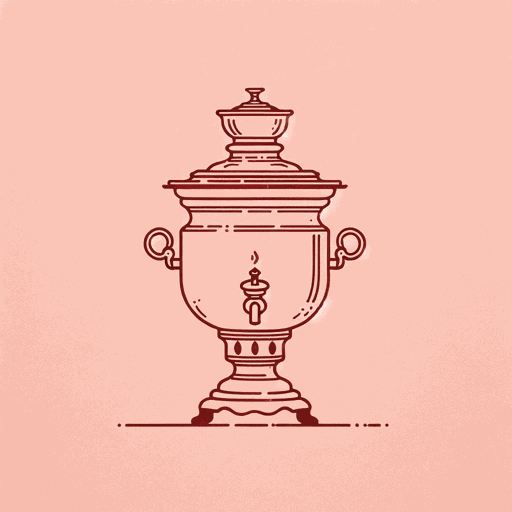71 pages • 2 hours read
Fyodor DostoevskyThe Devils (The Possessed)
Fiction | Novel | Adult | Published in 1871A modern alternative to SparkNotes and CliffsNotes, SuperSummary offers high-quality Study Guides with detailed chapter summaries and analysis of major themes, characters, and more.
Themes
The Destructive Power of Self-Loathing
Devils is a novel about self-loathing, though this theme is expressed in many different ways. Self-loathing is represented as a destructive and often nihilistic force, leading characters to harm themselves and/or others in ways that can affect both individual lives and society at large.
The most strident expression of self-loathing is Stavrogin, who is desperate for the world to see him as he sees himself. Stavrogin does not like himself. He does not like the wealthy and privileged background from which he emerges, leading him to being indifferent to his own mother. He does not like the society that indulges him, leading him to show empathy to marginalized figures like Marya. This sense of loathing toward himself, his background, and the world he inhabits compels him to commit increasingly terrible sins. In his youth, his breeches of social etiquette and his scandalous behavior were constantly excused by those around him. Anything that was not attributed to youthful exuberance was blamed on a medical condition. Stavrogin, however, sees himself differently. While the world can forgive his actions, he cannot. As his behavior becomes increasingly immoral, he craves judgment. He is desperate for the world to see him as he sees himself, forcing him to commit ever more destructive acts in pursuit of society’s judgment.
Related Titles
By Fyodor Dostoevsky
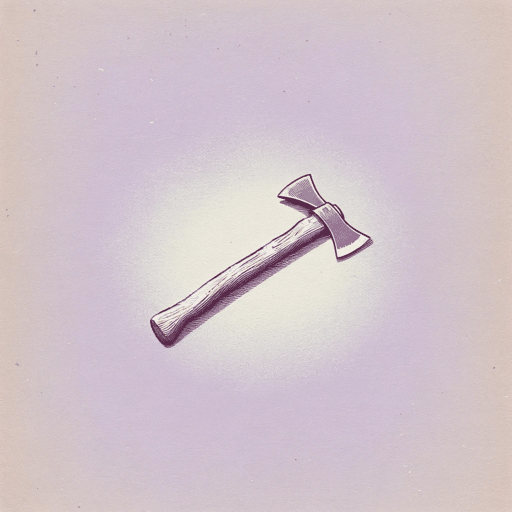
Crime and Punishment
Fyodor Dostoevsky
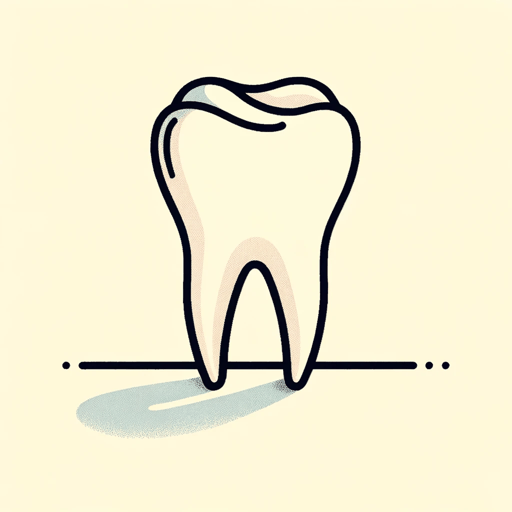
Notes from Underground
Fyodor Dostoevsky

Poor Folk
Fyodor Dostoevsky
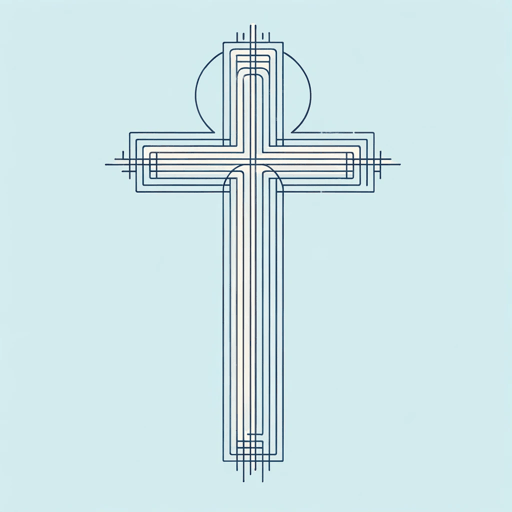
The Brothers Karamazov
Fyodor Dostoevsky

The Dream of a Ridiculous Man
Fyodor Dostoevsky

The Gambler
Fyodor Dostoevsky

The Grand Inquisitor
Fyodor Dostoevsky
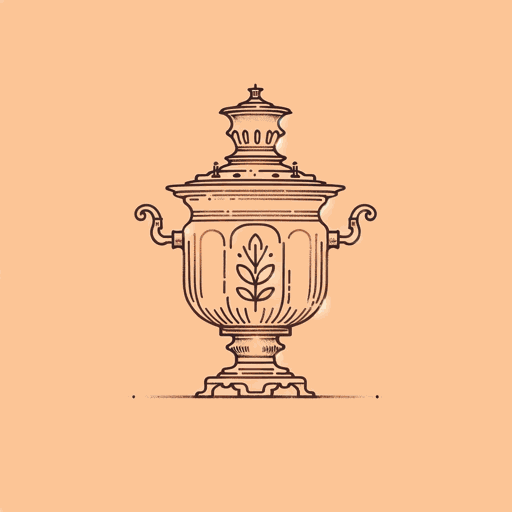
The Idiot
Fyodor Dostoevsky
Featured Collections
Allegories of Modern Life
View Collection
Class
View Collection
Class
View Collection
Family
View Collection
Good & Evil
View Collection
Philosophy, Logic, & Ethics
View Collection
Politics & Government
View Collection
Psychological Fiction
View Collection
Satire
View Collection
School Book List Titles
View Collection
Sexual Harassment & Violence
View Collection
